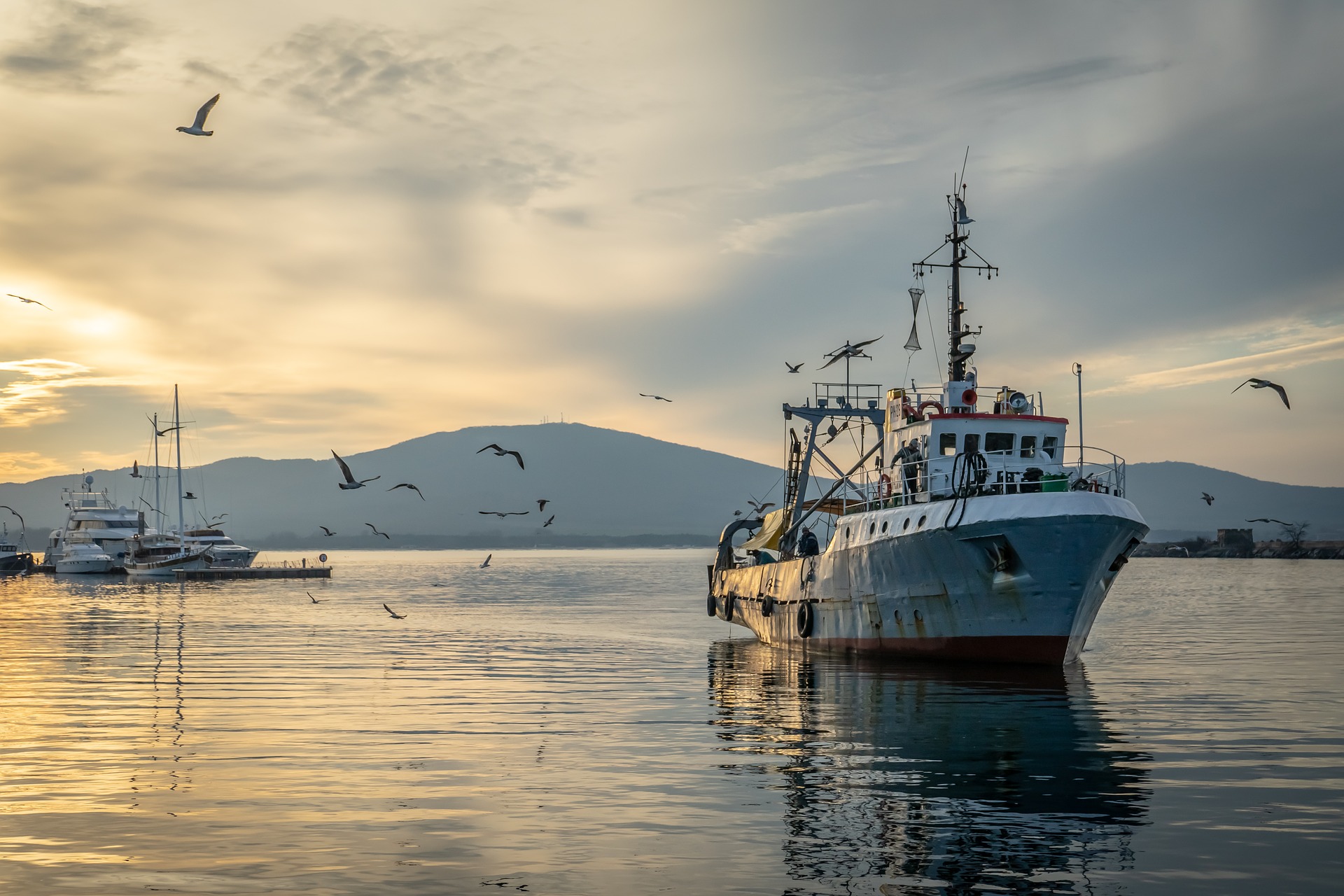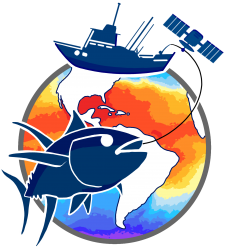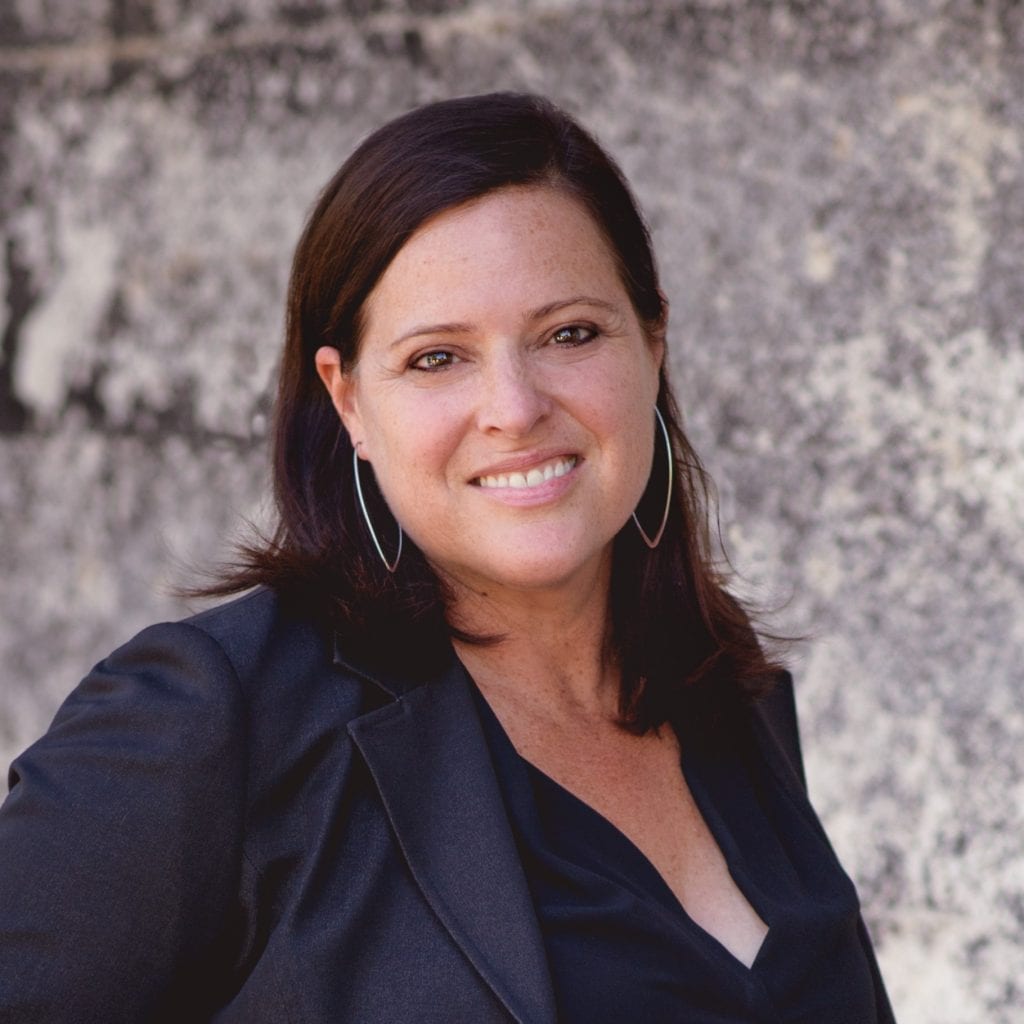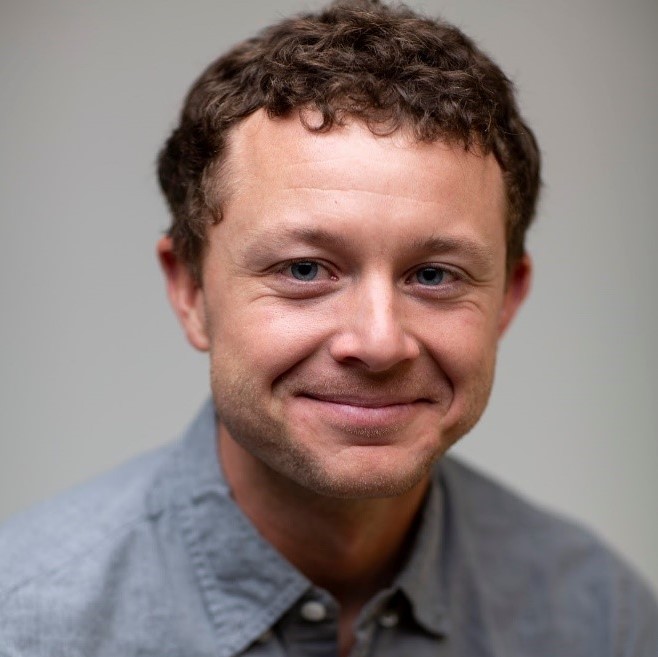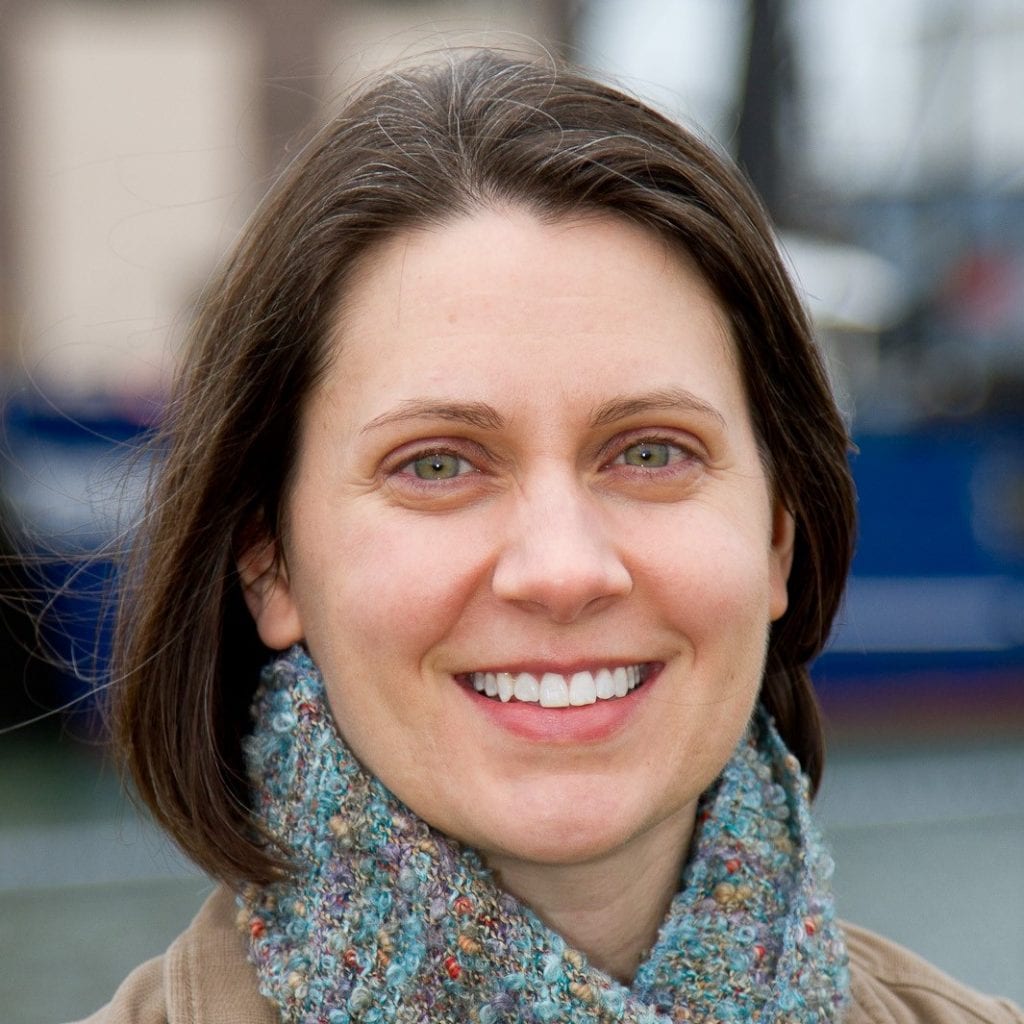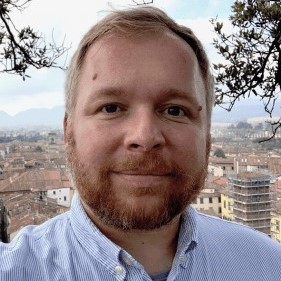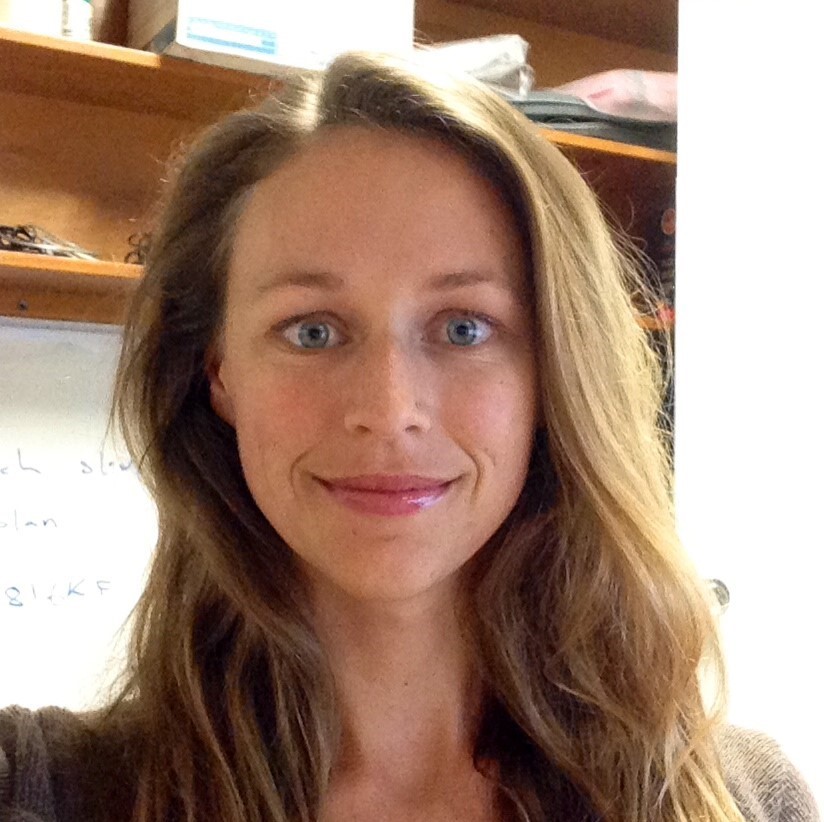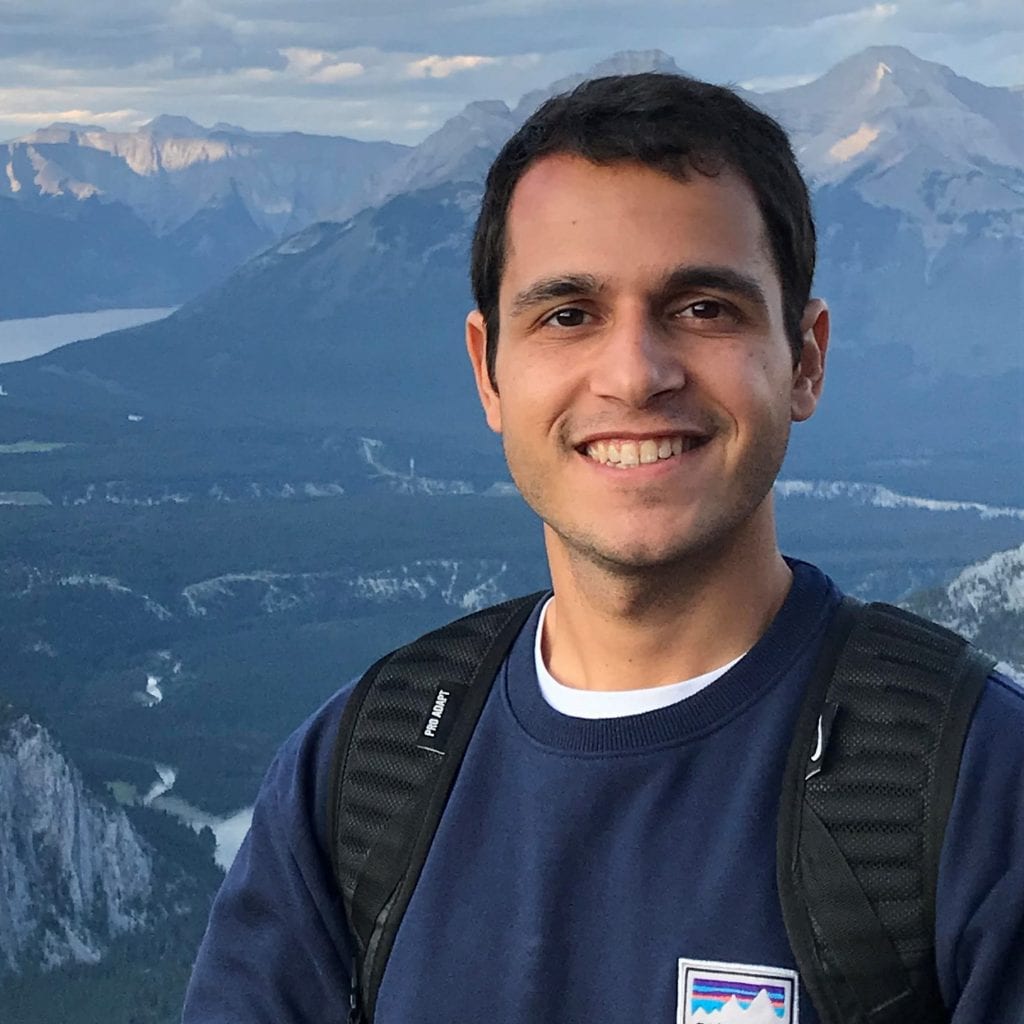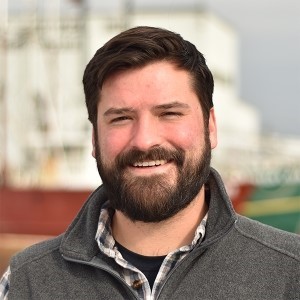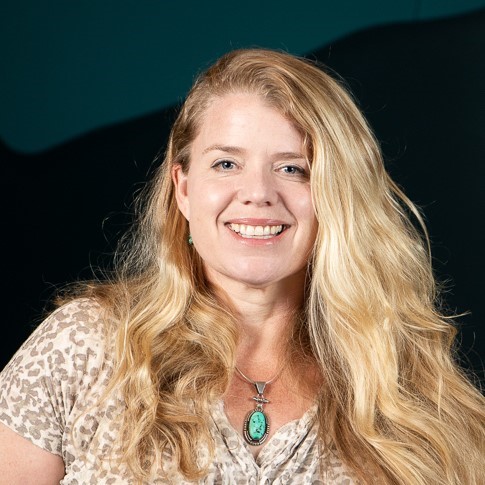Meet The FaCeT Team
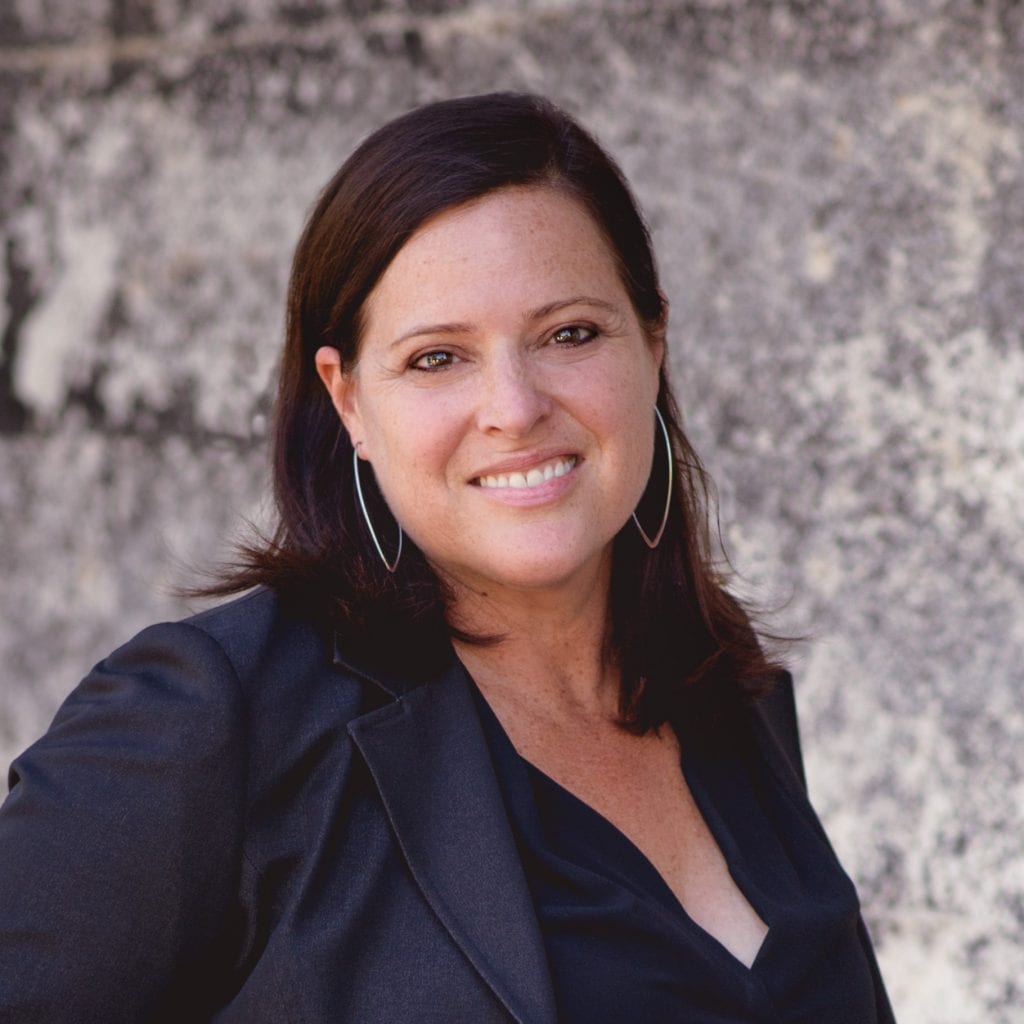
Dr. Lewison is a field leader in quantitative fisheries bycatch analyses, developing new analytical approaches to integrate telemetry and other spatial data into a fisheries bycatch and sustainable fisheries context, mapping global bycatch data, estimating risk thresholds for non-target species, and exploring of the interdisciplinary nature of bycatch reduction. Her innovative and collaborative fisheries research has set the stage for new research directions, specifically, dynamic ocean management, which brings best-available remote sensing and habitat modelling science directly to fisheries management. Dr. Lewison’s research expertise in applied conservation science is focused on generating actionable science in service of resource management, often at the science:management interface. She received her Bachelor’s degree from Vassar College, her PhD at UC, Davis, is a Professor at SDSU, and serves as the co-Director of the Institute of Ecological Monitoring and Management.
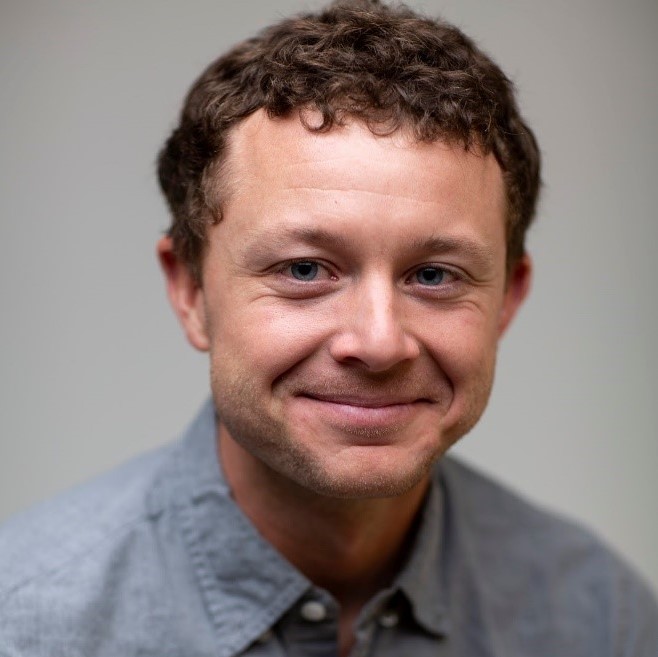
Camrin Braun is a marine ecologist and Assistant Professor at the School of Aquatic and Fishery Sciences at the University of Washington. Camrin’s research on physical-biological interactions in the ocean seeks to unite top predator ecology and oceanography with the challenges of managing living marine resources in a dynamic ocean. He is particularly passionate about applying computational, lab and field-based approaches to emerging ocean challenges. He received his PhD from the Massachusetts Institute of Technology-Woods Hole Oceanographic Institution Joint Program in Oceanography in 2018 and recently completed his postdoc at the Applied Physics Laboratory (UW) studying the influence of (sub)mesoscale oceanography on pelagic ecosystems. Dr. Braun received his MSc from King Abdullah University of Science and Technology (Thuwal, Saudi Arabia) and is a National Geographic Explorer and member of the Explorer’s Club.
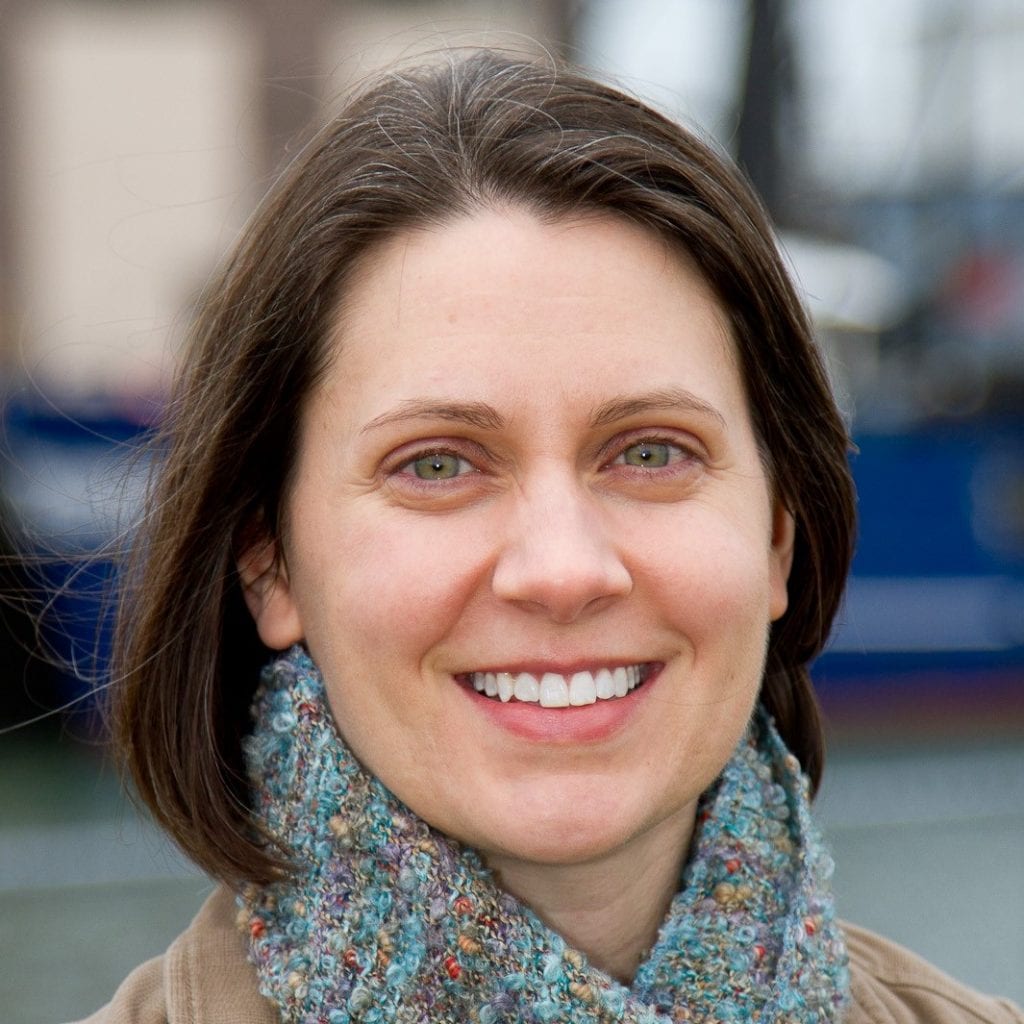
Dr. Katherine Mills is a research scientist at the Gulf of Maine Research Institute in Portland, Maine. She earned her Ph.D. in Natural Resources at Cornell University. As a quantitative fisheries ecologist, Kathy studies (1) how physical and ecosystem conditions are changing; (2) how these changes affect fish populations, biological communities, and marine fisheries; and (3) how fisheries and fishing communities can effectively respond. Much of her work is interdisciplinary, seeking to understand and inform management of fisheries as coupled social-ecological systems. This research integrates climate, ecological, social and economic information to link changes in the ecosystem to societal outcomes. Climate adaptation within marine fisheries has become a major recent focus, with emphases on assessing climate adaptation strategies and providing new forms of information to support adaptation planning by fishery participants, fishing communities and fishery managers.
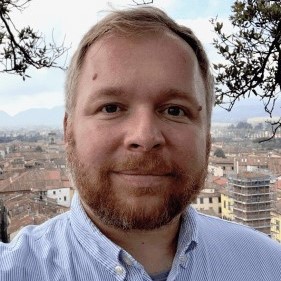
Elliott Hazen is a Research Ecologist with NOAA’s Southwest Fisheries Science Center and helps co-lead UCSC’s Climate and Ecosystems Group, applying statistical approaches to understanding ecosystem interactions. His general research interests fall in the realm of Ecology and Ecological Modeling, focusing on species-environment relationships and predator-prey interactions. Most recently, his research has focused on using multiple data types to inform novel applied management approaches. He received his Master’s of Science in 2003 from the University of Washington School of Aquatic and Fishery Sciences and his Ph.D. from Duke University in 2008.
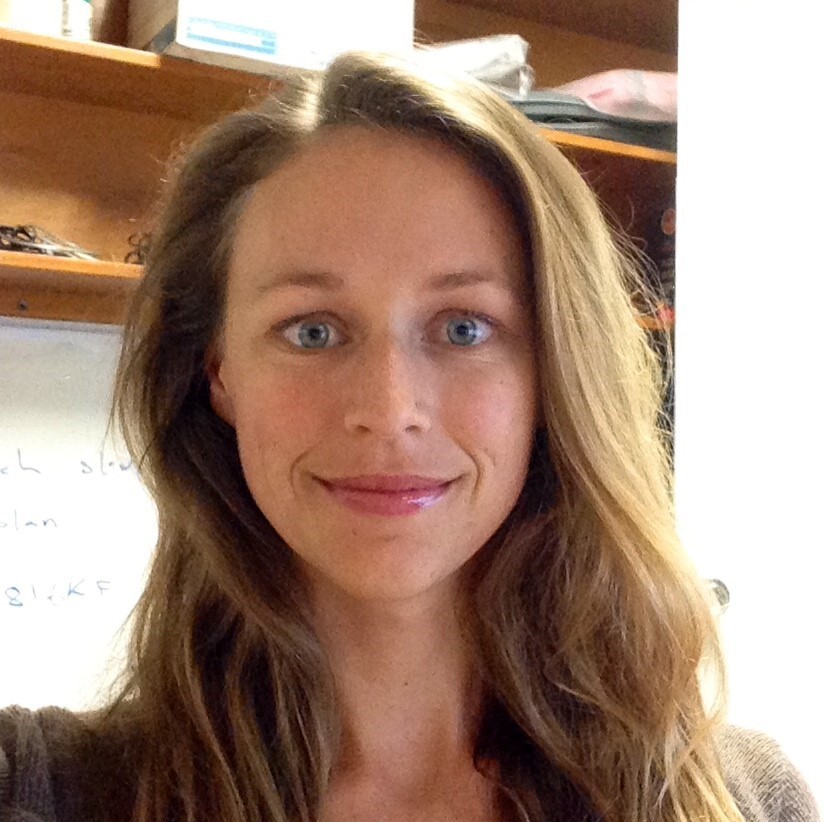
Steph is a project scientist at the University of California Santa Cruz and the National Ocean and Atmospheric Administration (NOAA). She is an ecologist with a broad interest in biogeography, fisheries, and animal ecophysiology. She has expertise in quantitative analyses and using diverse data sets to examine pelagic predator ecology and the roles that oceanographic processes play in species distributions. Steph is interested in applied research and understanding how climate change and variability is affecting living marine resources and dependent marine communities.
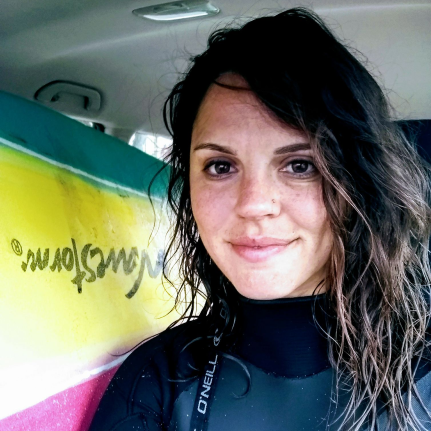
Heather’s research focuses on quantifying and planning for the spatial and temporal dynamics of large-scale marine processes. In a research position at NOAA’s Northeast Fisheries Science Center, Heather modeled and projected species seasonal movements in the Mid-Atlantic. In her current position at UCSC / NOAA’s Southwest Fisheries Science Center, Heather works on developing and evaluating dynamic ocean management tools to aid the sustainable usages of ocean resources.Heather received her B.A. from Whitman College in 2010 and her M.Sc. from James Cook University in 2014.
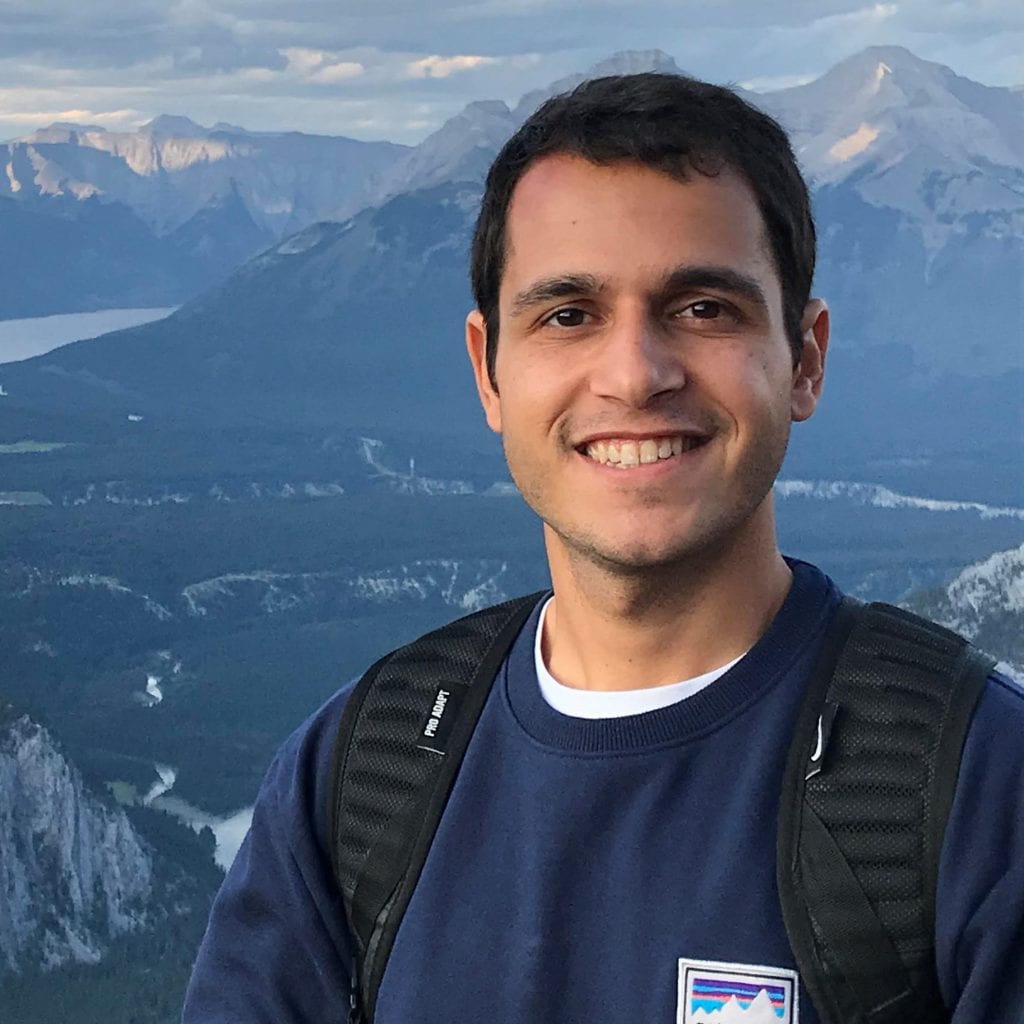
Nima Farchadi is a marine ecologist in Dr. Rebecca Lewison’s Conservation Ecology Lab at San Diego State University (SDSU). At SDSU, Nima’s research focuses on improving our understanding of the spatial dynamics and habitat preferences of marine species and ocean users using a suite of ecological models, geospatial tools, and remote sensing. He is especially interested in applying this ecological information to improve fisheries management and help support long-term economic sustainability in conjunction with conservation of marine biodiversity. Nima received a B.S. in Biology from the University of Maryland and a M.Sc. in Marine Science from University of San Diego. He is currently a PhD candidate in the SDSU-UC Davis Joint Doctoral Program in Ecology.
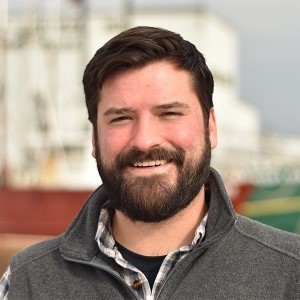
Andrew is a quantitative research associate in Dr. Kathy Mills’ Integrated Systems Ecology Lab at the Gulf of Maine Research Institute (GMRI) in Portland, Maine. At GMRI, Andrew uses species distribution models to understand where marine species are now and predict species distribution and abundance under future potential climate conditions. He is especially interested in developing species distribution models to help resource users and managers make decisions in the face of natural variability and global climate change. Andrew received a B.A. in English from Connecticut College in 2007 and a M.Sc. in Wildlife and Fisheries Conservation from the University of Massachusetts Amherst in 2012.
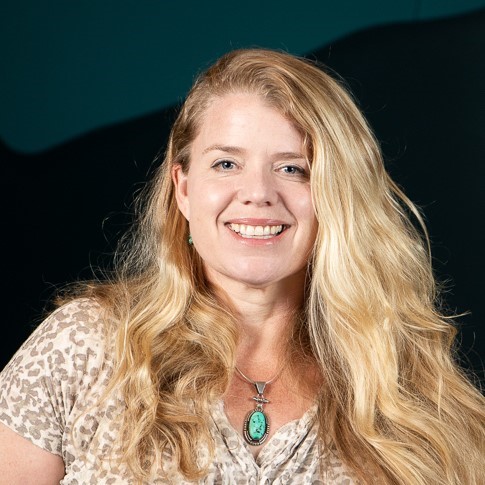
Riley is the Senior Program Manager of the Ocean Data Products team at the Gulf of Maine Research Institute. Since 2006, she has led a team of web developers and data specialists to produce data-rich decision support tools and applications for the ocean observing, fisheries, citizen science, and education communities. The team specializes in acquiring and integrating near real-time observing data and model forecast data from a variety of sources (e.g. buoys and sensors, forecast models, and global satellites) and delivering through interactive visualizations and information products. Recent initiatives include working with big, long-term, global climate datasets to produce locally-interpreted information products for diverse audiences (ranging from fishermen to 5th graders) to help make a stronger connection to the impacts of climate change. Riley has a B.S. in Marine Biology from Eckerd College and over 15 years of experience working on web development in the academic, private and non-profit sectors.

Alex is a web application developer on the Ocean Data Products at the Gulf of Maine Research Institute. There he brings a background in leading wilderness kayaking and canoeing trips, volunteer ski patrol and search and rescue, working in schools, and geology to help researchers and educators communicate via the web. If left to his own devices, he tends to explore catastrophic geomorphology and new techniques in geophysics. He takes advantage of the fact that properties are similar enough and connected between the ground, ocean, and atmosphere even if the time scales differ to find common understanding with researchers.
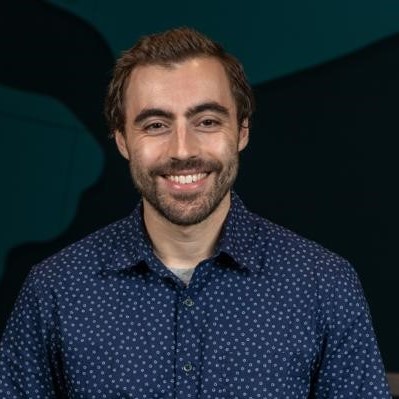
Dylan is a Web Application Developer with the Ocean Data Products team at the Gulf of Maine Research Institute (GMRI) in Portland, Maine. At GMRI he works with data providers, managers, scientists and stakeholders to make ocean data accessible and actionable. He works extensively on developing and maintaining DMAC technologies for NERACOOS, including systems helping to manage data from buoys in the Gulf of Maine. Dylan is a graduate of College of the Atlantic and brings a background of science, policy, entrepreneurship, and advocacy to his work.
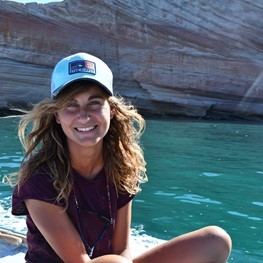
Nerea is a marine ecologist and a postdoctoral researcher at the University of California Santa Cruz and the National Ocean and Atmospheric Administration (NOAA) in Monterey (CA) specializing in large pelagic species. She has a PhD in Fisheries and Conservation from AZTI (Spain) and completed a postdoc at the Inter-American Tropical Tuna Commission (IATTC) (San Diego, USA). Her research focuses on the conservation and management of pelagic species taken incidentally on diverse fisheries. Her main research interests are ecological modeling, spatial ecology, oceanography, and ecosystem-based management approaches for the conservation of marine top predators. Her current research aims to describe future spatial distribution of Highly Migratory Species (HMS) under different climate change scenarios in the area of Hawaii and the California Current System (CCS) and using Species Distribution Models (SDM).

Steven Bograd is an oceanographer at the NOAA Southwest Fisheries Science Center in Monterey, CA, where he leads the Climate-Ecosystem Group. Steven’s research interests are in the climate impacts on marine ecosystems, with a focus on eastern boundary upwelling systems. Steven currently co-chairs the North Pacific Marine Science Organization (PICES) flagship science program, FUTURE, and is the Editor-in-Chief of the journal Fisheries Oceanography. Steven also co-leads two United Nations Decade of Ocean Science programs (SUPREME and SMARTNET). Steven received a B.S. in physics (University of Arizona), a M.S. in atmospheric sciences (University of Washington), and a PhD in physical oceanography (University of British Columbia). He did a post-doc at Scripps Institution of Oceanography before joining NOAA in 2001.
